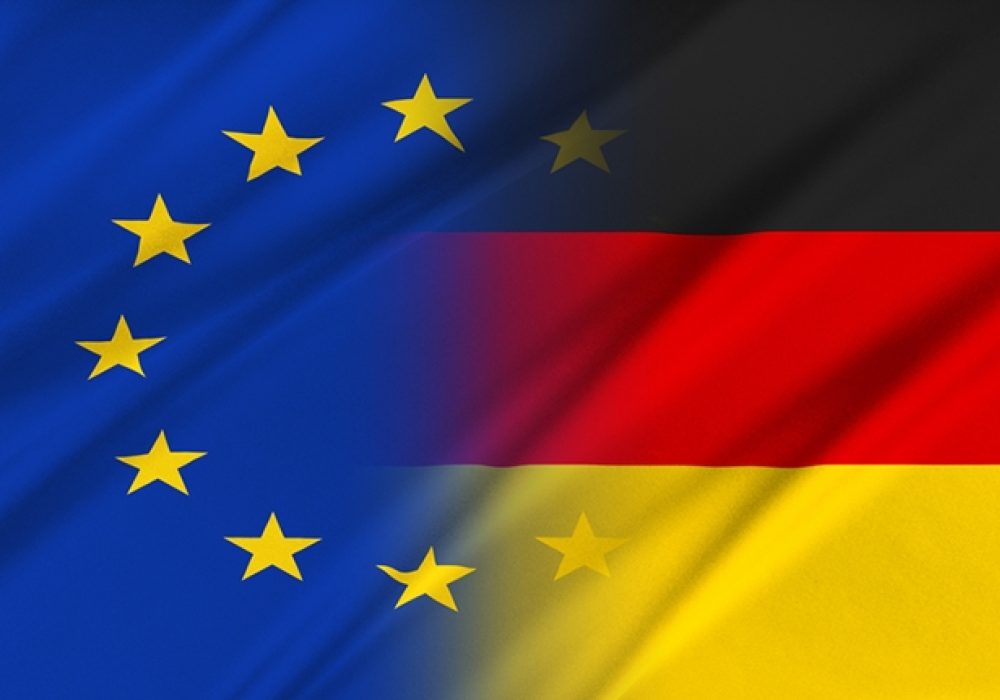Last Wednesday, the German government he said that it will double its research funding artificialς intelligences. Money committed to developing artificial intelligence systems now stands at nearly €1 billion, a figure that is still far behind the $3,3 billion (€3,04 billion) in public funding that the USA in the field last year.
The Federal Ministry of Education and Research stated that artificial intelligence is a “technology key” that offers huge opportunities for science, growth, prosperity, competitiveness and social added value.
He also added that "technological dominance in artificial intelligence must be ensured" and that Germany and Europe should take the lead in a world "powered by artificial intelligence".
In the language of numbers, Germany alone currently provides the same funds as those committed by the entire EU. The European Commission has committed €1 billion to AI research annually through the Horizon Europe programme. Meanwhile, the Commission states that it will mobilize additional investments from both the private sector and member states to reach the annual volume of 20 billion euros.
The increased funding was presented alongside Germany's Artificial Intelligence Action Plan by Federal Research Minister Bettina Stark-Watzinger.
Earlier this month, the minister argued that Germany "needs to align its academic practices with its security interests in light of tensions with systemic adversaries such as China".



